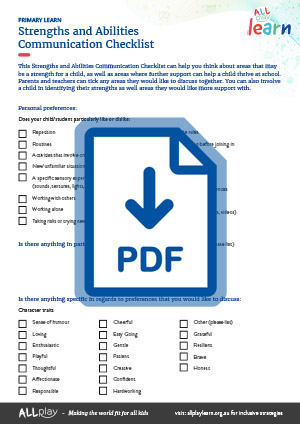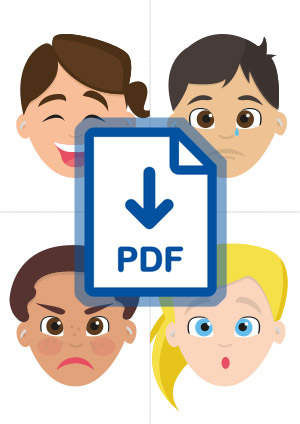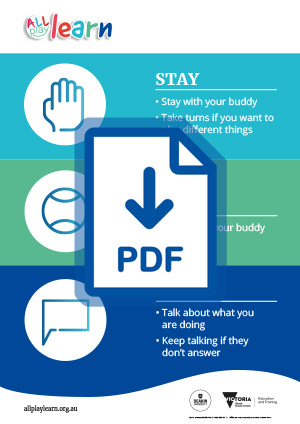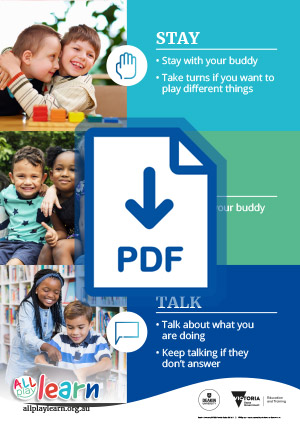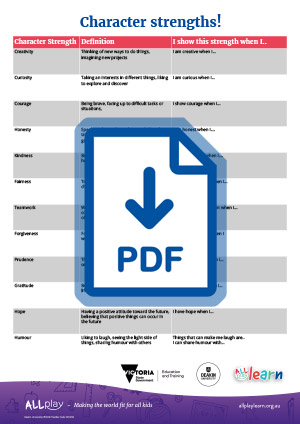
Developmental Delay
On this page:

About developmental delay
Young children with developmental delay (or global developmental delay/intellectual disability) experience delays in thinking and everyday skills. They may have delays in several areas such as their motor, language and social skills. They find it harder to learn, which means they need extra time and help to learn new skills. They may find instructions with several steps hard to follow. They can find it challenging to manage their emotions and behaviour. Young children will vary considerably in their development. Some children will seem to show delays but then ‘catch up’, and early intervention can often result in improvement in thinking and everyday skills.

Strengths
What might be some strengths?
- Many children with developmental delay enjoy play and learning through play.
- Children may show lots of interest in activities that involve play.
- They may have good fine and gross motor skill development through play.
Where might you provide support?
- Children with developmental delay may have trouble with how quickly they can think and their ability to understand. They might not understand instructions if they are given a lot of information at once.
- They may take longer to learn new skills. Structure and routine may help them.
- They can be very social and friendly, and like talking and spending time with other people. However, sometimes, they might stand too close or be overfamiliar with people.

Evidence-based strategies
Consider adjustments to communication style
Integrate learning with fun
Work collaboratively
Provide positive feedback

Best practice tips
Have a consistent routine
Provide a supportive environment
Reduce background noise when giving instructions
Simplify instructions
Break skills into smaller parts
Ask parents how to help
Use high probability command sequences
Promote self-determination
Use prompting
Consider using time delay programs or approaches
- Begin with brief, achievable tasks to increase motivation. Present children with tasks that are easy, quick, and likely to be completed, before presenting the target task. The momentum created through completing the initial task can increase children’s persistence and compliance with the target task. Provide recognition and encouragement.
- Promote self-determination. Empower and teach children to make simple choices, set goals, be independent, and develop problem-solving abilities. Use technology as needed. For example, technology can be used by children who communicate non-verbally to indicate preference.
- Give brief prompts immediately before each activity. It can be helpful to remind children what you want them to focus on in that activity.
- These are questions or problems that have a set amount of time for the child to answer. When the time is up, the correct answer is given.

Early Years Learning and Development Outcomes
Outcome 1: Children have a strong sense of identity
Outcome 2: Children are connected with and contribute to their world
Outcome 3: Children have a strong sense of wellbeing
Outcome 4: Children are confident and involved learners
Outcome 5: Children are effective communicators

Other considerations

Relevant resources
Visit our resources page for a range of resources that can help to create inclusive education environments for children with disabilities and developmental challenges. AllPlay Learn’s AllPlay Learn’s stories can help children with developmental delay become familiar with the early childhood education and care setting and some of the skills they need to participate in these settings. Other relevant resources for children with developmental delay are:

